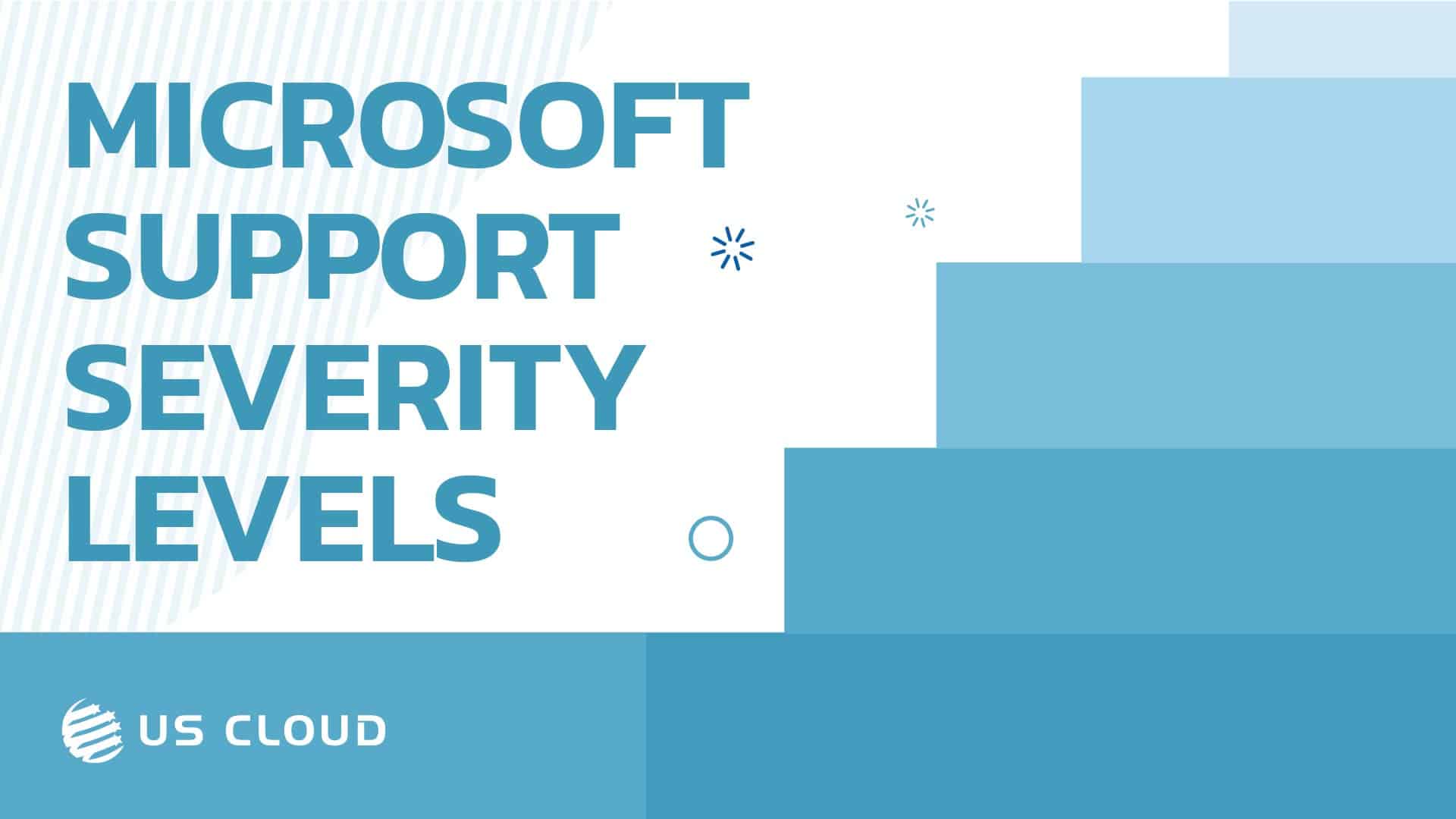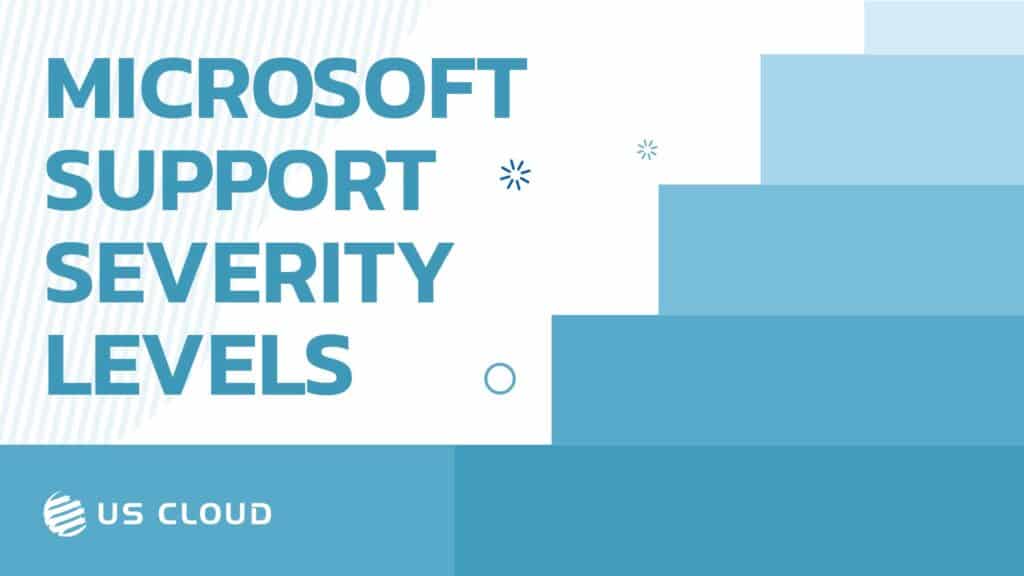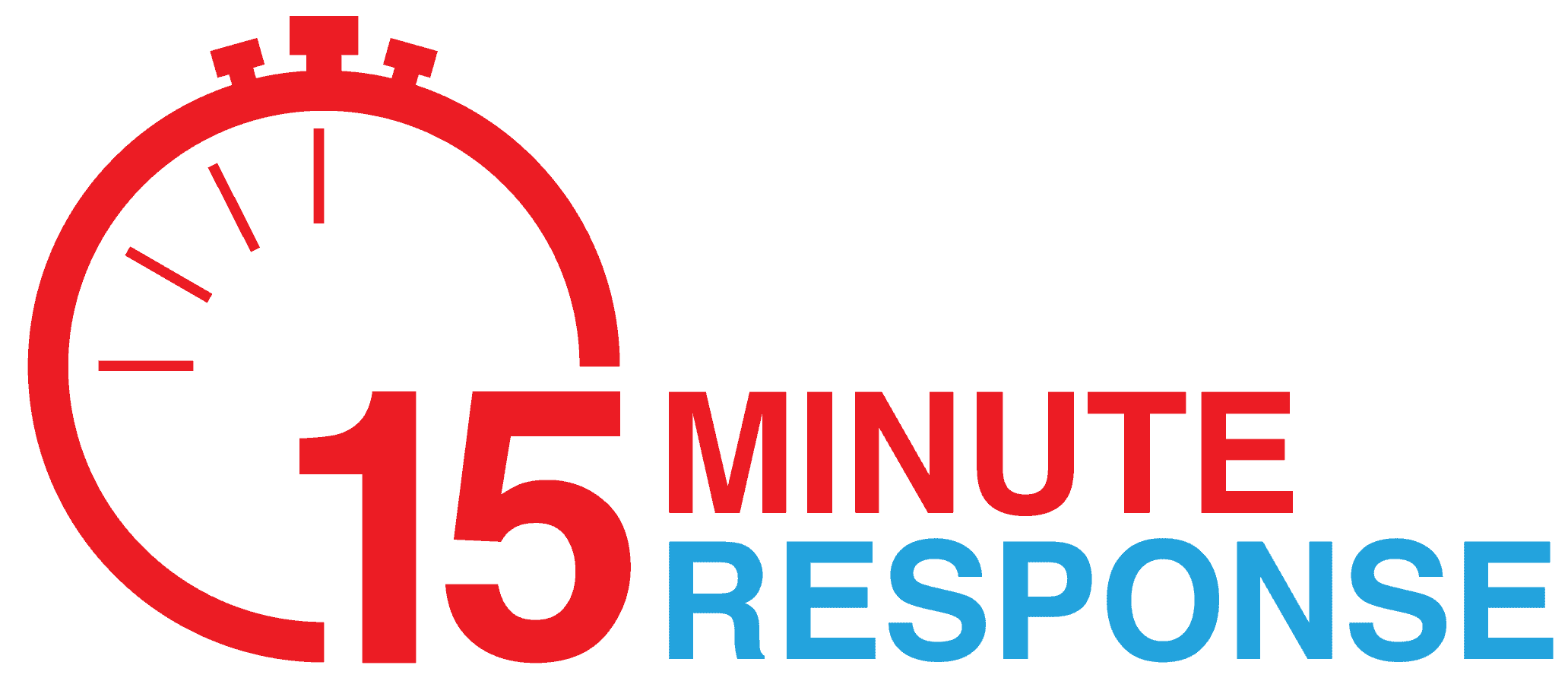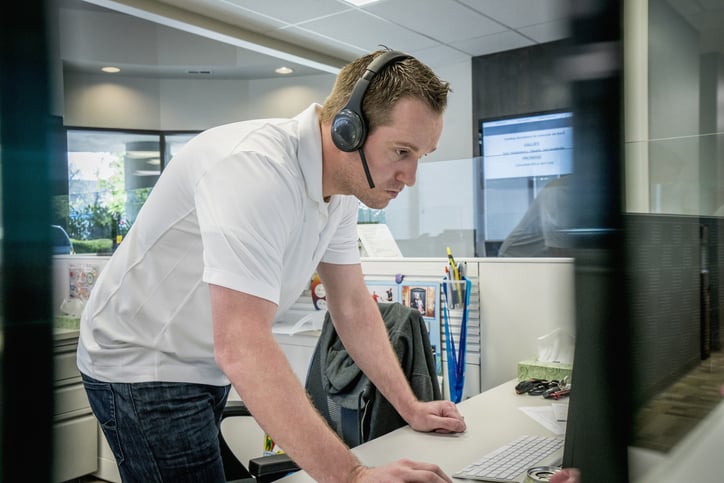

Microsoft Support Ticket Severity Levels: What You Should Know.
Microsoft Support Ticket Severity Levels: What You Should Know
It’s critical to understand all the Microsoft support severity levels in order to properly submit a ticket. Not selecting the correct severity level during your crisis could result in a delayed response or worse, increased downtime of your Microsoft technology or cloud service.
IT issues arise at every company without fail. The advancement of technology comes with innovations and problems in equal measure. When your Microsoft services are down or in need of assistance, Microsoft Unified/Premier Support or a third-party provider is there to lend a helping hand.
Enterprise IT must first identify if they are still operating under the Microsoft Premier Support model or if they have moved to the new Unified model. The support ticket severity levels are slightly different. In addition, some enterprises are finding dissatisfaction with the Unified response times and are seeking alternatives to increase operational efficiency.

Microsoft Premier vs Unified Support Severity Levels
Some businesses are still using the Premier support model, which uses a different tier system for severity levels and appropriate responses than Unified. Under Premier, there are four tiers:
- Severity 1 – Critical: Expected response time of 15 minutes and customers are expected to actively engage in resolving the issue. These issues are a catastrophic breakdown of one of multiple systems that impact the functionality of the company and require rapid response.
- Severity 2 – High: Expected response time of an hour and customers are expected to collaborate promptly to address issues. These problems impact multiple systems, but not the entire business.
- Severity 3 – Medium: Expected response time is within 4 hours and customers will participate to resolve the issue. These issues are less impactful but could become serious if left alone too long.
- Severity 4 – Low: Expected response time is within 8 hours and customers can work towards resolution at a reasonable pace. These are more of an annoyance and have little to no effect on business efficiency.
While many businesses are familiar with these severity levels, the Unified support model uses a different, three-tier system to track tickets. These new severities are:
- Severity A – Critical Business Impact: Your business has experienced a significant loss or degradation of services, requiring immediate attention.
- Severity B – Moderate Business Impact: You have a loss or degradation of services, but your organization can still function.
- Severity C – Minimum Business Impact: You have an issue, but it has a small impact on your business.
Notice that these descriptions don’t account for initial response times to tickets. That’s because Microsoft doesn’t have a guaranteed initial response time under the Unified banner. Many businesses have noticed that, depending on what they pay for support, their support is slower, especially compared to Premier support times. Previously, the equivalent of an A level ticket was Severity 1, which guaranteed a 15-minute response. Under Unified, you’ll typically see 1 hour response times for A tier tickets, with that number changing based on how your support tier.
Unified uses a tiered system to categorize support plans. Core is the lowest and only accounts for a minimum contract size of $25,000, typically aimed at small businesses. Advanced is the middle, with a minimum contract of $50,000, usually accounting for SMBs. Finally, Performance is the highest, with a minimum of $175,000 and intended for enterprise clients. All of these tiers offer unlimited reactive support hours, and the pricing is based on a percentage of Office 365 annual costs, client software annual costs, and other software and online annual costs.
Enterprises Demand Faster Response Times for All Ticket Severities

Small and medium enterprises (SMEs) find that purchasing Unified Core or Advanced support tiers result in slower response times than promised, with ticket responses sometimes taking 2-8 hours in some cases. Tickets submitted as Severity B or C see much slower responses too.
It’s gotten so bad that some companies submit all their tickets to Microsoft as Severity A (critical) in hope of getting a faster response. Of course, the downside of this practice, is that the triage teams managing the critical support queue at Microsoft has more tickets to evaluate and may slow down response times for genuine critical incidents.
Ultimately, you shouldn’t feel like you’re forced to flag every issue as a dire problem just to get noticed. Unified fails to account for the needs of smaller companies in favor of larger companies with deeper pockets. Even with larger companies, their response times leave a lot to be desired for how much you’re paying.
Where Unified falls short, third-party support pulls through. US Cloud offers a comprehensive support solution that mirrors Microsoft’s support platform in some ways and improves on it in others. We use a similar severity system for any incoming tickets, but with financially backed SLAs that guarantee 15-minute responses to any tickets that come in, regardless of severity. While a Severity C ticket with Microsoft would be left sitting for up to 8 hours if not longer, we get started on it right away.
US Cloud also keeps you updated on the status of your ticket, particularly for the higher-impact ones. You will receive status updates every 2 hours on the highest severity tickets, so you are aware of the steps taken to solve the problem. We will also be working closely with your team to ensure the issue is resolved as quickly as possible and that you have an in-depth understanding of how a solution was reached.
Our response time is guaranteed, but even better is our resolution time. We average ticket resolutions twice as fast as Microsoft, on top of saving you 50% or more on your support costs. Microsoft may try to convince you that there are issues with using third-party solutions, but the results speak for themselves. US Cloud’s efficiency scares them.
Faster Microsoft Support for All Tickets - Guaranteed by SLA

Tickets are stressful, and the process to resolve them can feel like it takes ages. Microsoft is handling tickets around the world as fast as possible, but this leaves some businesses waiting for an answer that may come too late.
US Cloud keeps you covered through our proactive support solutions. When a ticket comes through, US Cloud responds within 15-minutes to all ticket severities. Our Initial Response Time (IRT) is so important to our enterprise clients that we financially back the guarantee with a Service Level Agreement (SLA) in all our contracts.
We work tirelessly to solve the issue while keeping you updated on how it may have occurred and how to effectively resolve something similar in the future. Our dedicated TAMs and DSEs ensure that you have a group of experts on our end that know your systems inside and out. We get to know your business and how it operates so we can better help and advise you in the future.
US Cloud Microsoft Enterprise Support customers typically increase their operational efficiency by 17-29% supporting all their Microsoft platforms. Our U.S. domestic support teams deliver fanatical Microsoft support across the globe 24/7. Simply put, we eliminate wasted time such as delayed access to the right engineer, language barrier issues, sloppy shift ticket handoffs, and technology siloed teams. In the end, you receive a better Microsoft support experience. All while receiving the 50% savings typical of third-party support leaders, as verified by Gartner.
